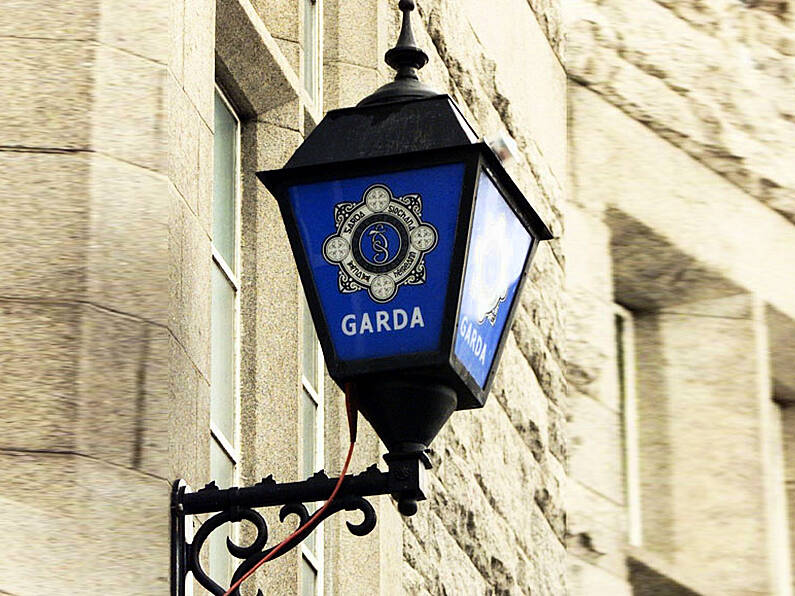Muireann Duffy
Some pharmacies are charging double the price for the same prescriptions compared to their least expensive competitors, according to a recent study.
The research, carried out by Trinity College and the Royal College of Surgeons (RCSI), found huge price discrepancies between the most and least expensive pharmacies examined.
The study contacted 1,500 community pharmacies by phone and 320 via email, with 1,529 responding to queries. The websites of a further 370 pharmacies were also examined.
The prices of 12 of the most commonly prescribed drugs were compared.
Despite regulatory guidance stating pharmacies should provide price information to patients, no pharmacy had their prescription prices on their website, while 12 per cent of the pharmacies which responded to the researchers' queries did not share their prices.
The researchers found a commonly prescribed steroid, prednisolone, cost 88 per cent (over €5) more in the most expensive pharmacies compared to their least expensive counterparts.
In relation to the HSE reimbursement price for medical card holders, the mean quoted cost for each of the 12 drugs examined was higher than the HSE reimbursement price.
Illustrating this, the study showed the average price quoted during the research for common antiviral drug, famciclovir (€46), was over €8 higher than the HSE reimbursement price (€37.31).
High prices can lead to cost-related non-adherence
The study added: "For each drug, the average price quoted to researchers was higher than the price paid by the State for patients who can access subsidised medicines (medical card holders)."
In addition, for nine of the 12 drugs examined, the study found "the price was significantly higher for chain pharmacies compared to independent pharmacies".
Researchers also noted the cost of prescription drugs is a major source of expenditure for patients in Ireland, adding that "high prices can lead to cost-related non-adherence and adverse health outcomes".
"The large price variation for prescription drugs and the lack of transparency from pharmacies is a problem, as it may mean that some people are paying too much for their medication. Or worse, some people are not buying their medication because it costs too much." the study's lead author and PhD scholar at the RCSI James Larkin said.
"This is particularly concerning given the current cost of living crisis and resulting cost pressures that many are facing. Consideration needs to be given by Government to measures that enforce price transparency or regulating prices," he added.






